Research labs equipped with the right tools and dashboards will have greater success in meeting drug discovery goals.
Research scientists in the pharmaceutical and biotech industries are increasingly turning towards state-of-the-art data visualization tools to leverage insights into their fields.
Up until recently, the vast majority of research scientists and Bio-IT professionals thought of data visualization purely as a presentation tool. Researchers tasked with justifying scientific funding to non-technical stakeholders would rely on a wide array of charts, graphs, and interactive software to communicate their arguments.
However, the immense growth in the volume of data generated by research processes has changed the landscape of data analytics in the laboratory. Scientists are using state-of-the-art visualization tools to gain deeper insights into the interplay of complex parameters under study.
Bio-IT research firms that invest in the right data visualization tools enjoy a lasting competitive edge. The ability to quickly glean insight from large, complex datasets is a key value-driver for research firms dedicated to new drug development.
How Data Visualization Helps Bio-IT Teams Gain Insight
Imagine a flock of migrating birds flying in formation across the autumn sky. In an instance, it’s obvious which direction they are headed. The emergent patterns of nature offer insight that would be much harder to obtain by analyzing every bird as an individual data point in a complex formula.
Real-time access to diverse information sources is one of the most important benefits that modern technology can offer research scientists and Bio-IT teams. However, end-users often find themselves wading through a confusing web of data points and statistics. The greater the breadth and depth of the data under analysis, the greater the importance of an intuitive interface becomes.
There is a clear need for drug discovery researchers to obtain new tools that make visualizing and analyzing data easier. As biomedical data become more diverse over time, this need will only grow in importance.
This is easy to see in drug discovery processes that involve the characterization of drug targets, small molecule leads, and their interactions. Immersive visualization and AI-powered deep learning algorithms can fundamentally change the way researchers approach molecular modeling and simulation. These are key steps to realizing the future of drug discovery,
The Limitations of Existing Software Tools
At RCH Solutions, we pride ourselves on leveraging the best talent and providing best-in-class cloud support for our customers. When we have AWS problems to solve, they go to our resident experts, Mohammad Taaha and Yogesh Phulke, both who have obtained AWS Solutions Architect certification.
Browser-based tools like ProViz and JalView display the sequence alignments of proteins, drawing from massive external databases. JalView can generate a 3D protein folding structure using a purpose-built molecular modeling engine called JMOL. These are widely used tools within the biotech and pharmaceutical industry, but they have severe limitations.
Inaccessibility is one of the main complaints that scientists level at the developers behind these tools. While undoubtedly powerful, they don’t offer a user-friendly interface and typically demand deep technical IT knowledge to use correctly. Every moment a researcher spends solving an IT-related obstacle is a moment not spent fulfilling his or her core function – making new discoveries.
In many cases, researchers find themselves taking data from one software tool and manually inputting it into another software tool. This is a time-consuming, error-prone task that delivers no additional value to the research process.
Bio-IT experts can automate these manual data entry tasks by integrating disparate systems using APIs. The better integrated your laboratory’s data infrastructure is, the faster and more efficiently its scientists will be able to work towards new discoveries.
Every research organization has a unique inventory of software tools, physical equipment, and data-oriented workflows. There is a clear need to design and develop an efficient system to make all of those elements work together smoothly.
Deploy Data Visualization Solutions for Your Biotech/Pharma Research Team
The ideal data structure and framework for each research organization is unique. Finding the right tools, dashboards, and platforms is only the first step towards achieving state-of-the-art data processing capabilities. Research executives who partner with Bio-IT experts can take the lead in designing, developing, and implementing systems that fit their workflows perfectly.
Research scientists need efficient, well-organized data visualization tools more urgently than ever.
Speak with a data expert about your software and hardware setup, and find out how you can cut waste and improve research outcomes for your entire team.
RCH Solutions is a global provider of computational science expertise, helping Life Sciences and Healthcare firms of all sizes clear the path to discovery for nearly 30 years. If you’re interesting in learning how RCH can support your goals, get in touch with us here.
Biotech and pharmaceutical laboratories are complex machines responsible for undertaking some of life’s most challenging problems.
Early drug discovery is an incredibly vast and complex discipline, and it demands research scientists use an equally vast and complex range of applications and technologies to achieve results. From purpose-built research equipment to specialty software, and cutting-edge research IT devices and architecture, today’s scientists rely on innovation more than ever to achieve tomorrow’s groundbreaking discoveries.
Usually, equipment manufacturers provide implementation and ongoing support to research laboratories that purchase their products. This is helpful when research scientists and data teams need to answer pertinent, narrow-scoped questions about set-up, service, and maintenance.
However, manufacturer support teams simply don’t have the scope or the resources to offer a holistic view of the laboratory itself. It’s not enough to get the equipment running properly – it must also run in the most efficient way possible, integrated with every other laboratory asset, in order to deliver the results you need. Successful research does not rely on any one device or process alone.
Why Manufacturer Support Isn’t Sufficient
While manufacturer support teams play a vital technical role in helping Bio-IT teams deploy and integrate new technologies, they can’t play an advisory role that helps advance the lab’s overall drug discovery mission. This is true for a few reasons:
It Is Outside Their Scope. The core value that a manufacturer offers is just that – manufacturing. Every hour their support team might spend learning how your laboratory works and offering advice on how to improve its operations is an hour not spent delivering on their core value, which is developing and deploying the equipment they manufacture.
They Don’t Always Have the Expertise. While nobody contests the manufacturer’s technical expertise when it comes to their equipment, it’s unlikely that their support team has the knowledge needed to understand every single one of your lab’s drug discovery processes. Identifying optimal implementation simply isn’t possible without world-class, holistic expertise.
Data Bottlenecks Require Data-Driven Solutions. It makes sense to solve physical research bottlenecks with physical solutions – if DNA sequencing tasks are too slow, a new SMRT sequencer can solve the problem. But when data accessibility and integration are the culprits, you need to optimize your data infrastructure to produce results. New equipment won’t do.
Manufacturers Have a Predictable Bias. Ultimately, selling equipment is every manufacturers’ number-one priority. If you can improve research outcomes either by cheaply reorganizing your data infrastructure or by purchasing expensive new equipment, your manufacturer will recommend the expensive purchase first.
Entrust Lab Acquisitions to Expert Consultants
In a data-heavy field like early drug discovery, optimizing the way information flows throughout your laboratory is critical. Research computing is an essential part of the processes that enable new drug discoveries to make it to market, and successful implementation requires a highly specialized set of skills.
A reputable third-party research IT advisor or service provider can help your research and data teams solve file compatibility issues, optimize interdepartmental data-flow, and establish efficient porting and networking solutions. These can transform the way your lab communicates on a daily basis, making critical data available to the scientists who need it the moment they need it.
Partnering with a data-oriented research consultancy for Bio-IT teams can grant your laboratory access to objective equipment analyses. You no longer have to take manufacturers at their word – you can drive the value of every acquisition by getting a second opinion from an expert research consultant.
Choose RCH Solutions As Your Specialized Instrumentation Support Provider
We are a team of professional biotech and pharmaceutical research experts dedicated to helping research labs optimize their approach to early drug discovery. We employ research application specialists, data scientists, and IT experts specifically to help research labs improve their research processes while spending less money.
Our specialized, service-based model treats the research laboratory as a holistic entity rather than the sum of various parts. This approach allows us to identify inefficiencies that manufacturer support teams often miss and to help researchers move closer to their goals. We help scientists choose the best tools for the job at hand and help them optimize the environment in which those tools are used.
RCH Solutions is a global provider of computational science expertise, helping Life Sciences and Healthcare firms of all sizes clear the path to discovery for nearly 30 years. If you’re interesting in learning how RCH can support your goals, get in touch with us here.




